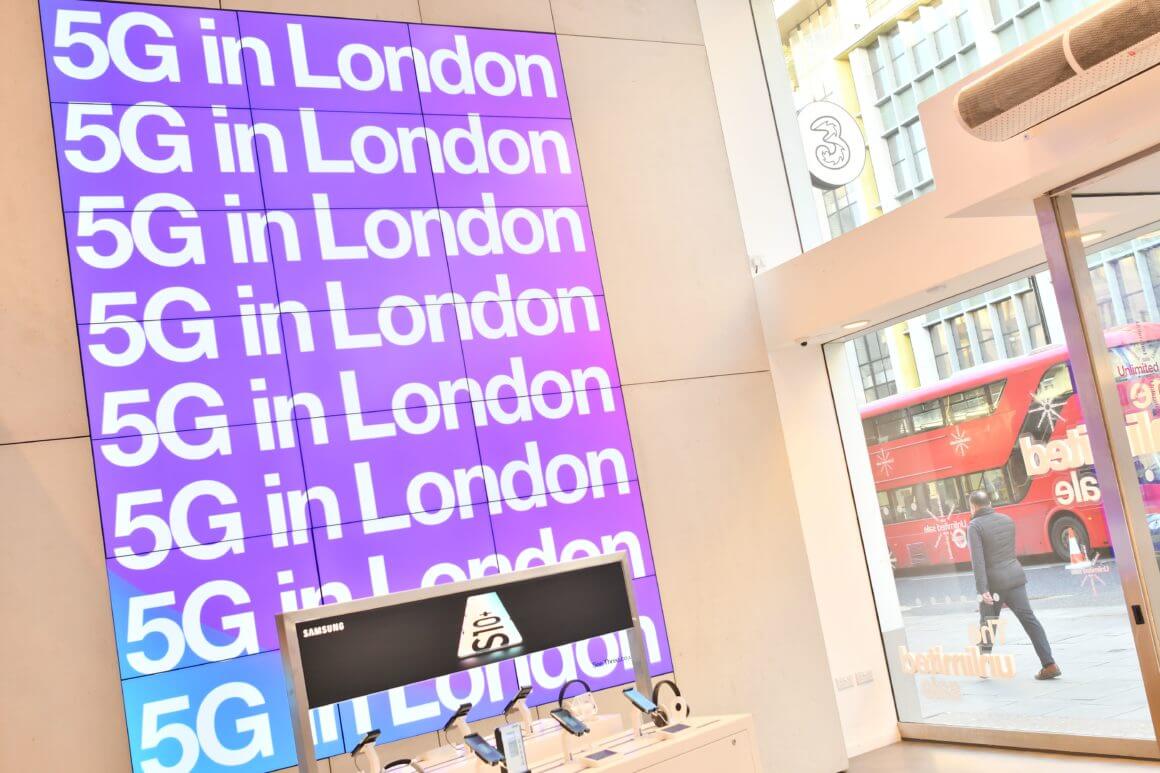
Forget Brexit. The EU and the U.K. are sticking together when it comes to handling "high-risk" telecoms firm Huawei.
British Prime Minister Boris Johnson's government on Tuesday announced it will allow Huawei to sell equipment for 5G networks but keep its access limited to peripheral, non-sensitive parts of the network. It's a measured move that concludes months of heated political debate over the issue.
In his decision to allow Huawei partial market access into future telecoms networks, Johnson is siding with European countries — and shunning his chum in Washington, Donald Trump.
The U.K. solution is one of the first comprehensive policies imposed in EU member countries, and — despite the imminent split from the EU — is likely to be repeated across the Continent, too.
"The EU's approach was inspired by the U.K. one," said an EU diplomat close to the issue, who requested not to be named. A blanket ban — as requested by the U.S. — "won't be the preferred choice for most [European] countries," the diplomat said.
The U.S. has threatened to cut back on intelligence-sharing with countries that allow Huawei into the networks
Across Europe, governments are reviewing their security processes for the telecoms sector, largely as a consequence of continued U.S. pressure to do so. Countries including France and the Netherlands have already beefed up their rules on telecoms security, while Germany is in the midst of reviewing its rules.
National and EU officials have also worked together for months on new measures to protect 5G networks. The end result is a so-called toolbox of security measures that will be presented on Wednesday (29/1/2020) in Brussels.
The toolbox text, seen by POLITICO last week, recommends EU capitals impose "restrictions — including necessary exclusions" for "high-risk" vendors, which the EU previously defined as suppliers likely to be "subject to interference from a non-EU country." That's expected to hit Huawei and its smaller Chinese rival ZTE.
The EU's joint list of recommendations also identifies "critical or sensitive" parts of 5G networks.
At national level, major EU countries such as France have largely followed that same rule book, rolling out new security requirements that are likely to exclude Chinese vendors such as Huawei from core parts of the network — although draft rules in Germany have been criticized for being too lenient.
The U.K.'s move is already rubbing the United States administration the wrong way. In a statement, the U.S. said it was "disappointed" by the decision. U.S. diplomats and security officials for more than a year pressed European counterparts to go all the way and impose a blanket "ban" on Huawei equipment in Europe.
Providing cover
In closing ranks, European governments hope to avoid retaliatory measures from both China and the U.S.
Chinese officials have warned that far-reaching market blocks would harm trade relations with European countries. In the case of Germany, the Chinese ambassador to Berlin linked the country’s approach to Huawei to its car sales in China.
Johnson's move to impose only partial limits on Huawei "could give [German Chancellor Angela] Merkel additional political cover to push for her preferred approach," which is to avoid strict limits to Huawei's market access, said Paul Triolo, a researcher at the think tank Eurasia Group.
But, Triolo added, it's likely Merkel "will attempt to kick the issue down the road" as she faces political pressure from her Social Democratic Party coalition partner and members of her own conservative party.
It’s not just China that is forcing European countries to stick together. The U.S. has threatened to cut back on intelligence-sharing with countries that allow Huawei into the networks.
The U.K. will now become a test case for Trump to stand by that threat — with the rest of Europe watching.
With Brexit fast-approaching — and considering its close security relationship with the U.S. as part of the Five Eyes community — London would have been a likely partner to fall in line.
But Johnson's government instead balanced the economic interests of domestic telecom operators and his own election promise to roll out high-speed internet networks across the country, with the risk of offending his political ally in the White House.
"We continue to urge all countries to carefully assess the long-term national security and economic impacts of allowing untrusted vendors access to important 5G network infrastructure," a U.S. administration official said in the statement. "We look forward to working with the U.K. on a way forward that results in the exclusion of untrusted vendor components from 5G networks."
Source: politico.eu




